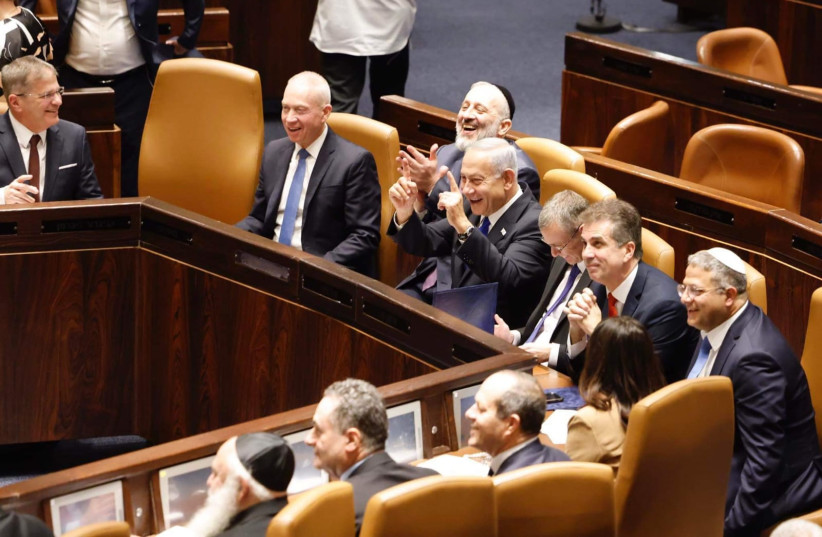Many of the philanthropists and civil society activists that I meet are, justifiably, extremely concerned with the pressing challenges that we face. As a philanthropic leader who believes that it is our responsibility to engage in issues of climate change, I often hear that this is “privileged philanthropy.” After all, they say, there are so many other urgent local and national challenges that should be dealt with before we address global issues like climate.
Indeed, civil society has its hands full. Current political and social discourse is both deeply polarized and polarizing, and we must work diligently to protect civil rights, especially among minority and vulnerable populations. Issues of economic inequality are also pressing, particularly against the backdrop of the global economic crisis now unfolding. COVID-19 heightened and highlighted the crisis in our hospitals and public health system, making us keenly aware of the dependability of the very public systems upon which we rely.
Here in Israel, there are wide gaps in educational achievement and we must face the fact that we are not providing the next generation with the kind of schooling that they deserve. Our personal safety is also fragile. Unconscionable acts of violence against women, violence among youth, and an acute lack of personal safety in Arab communities are undoubtedly urgent matters. Political instability and extremism only exacerbate these challenges.
“Let’s pick our battles” is something I often hear. Unfortunately, we do not have that privilege. Our challenges are all inexorably entangled in a global crisis that mandates a holistic form of activism. Let’s look, for example, at issues of economic disparity.
The deep gap between rich and poor in Israel is closely intertwined with the challenges of local economies and the need to develop sustainable economic opportunities at the local level. In order to do that, we must address the issue of equal educational opportunity, as well as equal access to health and welfare services. The fact that we do not address these issues, in turn, directly influences the rise in violence and lack of personal safety, especially among low socioeconomic communities.

Accessibility is where equality begins
SIMILARLY, IF we are serious about dealing with unequal access to healthcare and education, we must deal with questions of public transportation and accessibility. We must also create adequate housing alternatives and accessible public spaces that enhance personal enjoyment and protect personal safety. Secure public spaces are mainly needed for the most vulnerable members of society (such as women, children, the elderly, and individuals with special needs).
As we begin to untangle many of our challenges, we see that they are all interconnected. Dealing with current socioeconomic challenges through a “climate” lens requires a holistic perspective that recognizes such interconnectedness as a starting point. This approach to climate change rests upon the basic tenet that polarization undermines any form of social solution – we face a daunting challenge that requires mutual responsibility and shared action. No one group or sector can secure the future for themselves if they are unwilling to do the same for others.
The last few years have been marked by one challenge after another, each of them complex and multi-layered. And none of these challenges can be solved by government alone, certainly not during times of stark political polarization, the likes of which we are currently experiencing. No one sector – business, government or social – can secure our children’s future.
It is time for leaders from various communities and sectors to rise to the challenge, to work together and join the global call for action. Political leadership alone is incapable of doing this. Indeed, philanthropy and business leaders must invest in the third sector in order to cultivate and empower a new generation of social leaders.
By bringing a wealth of perspectives and global awareness to the conversation about local social and economic development, they can bring about lasting change.
The writer is director of the Beracha Foundation and chair of the Israel Forum of Foundations.
